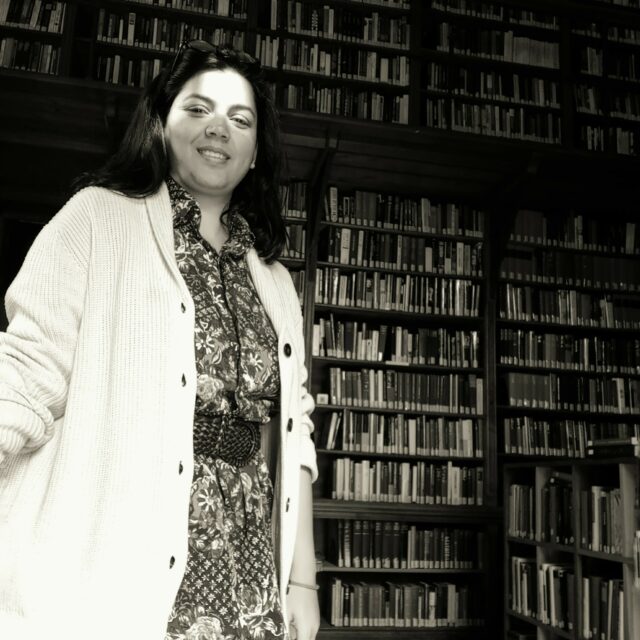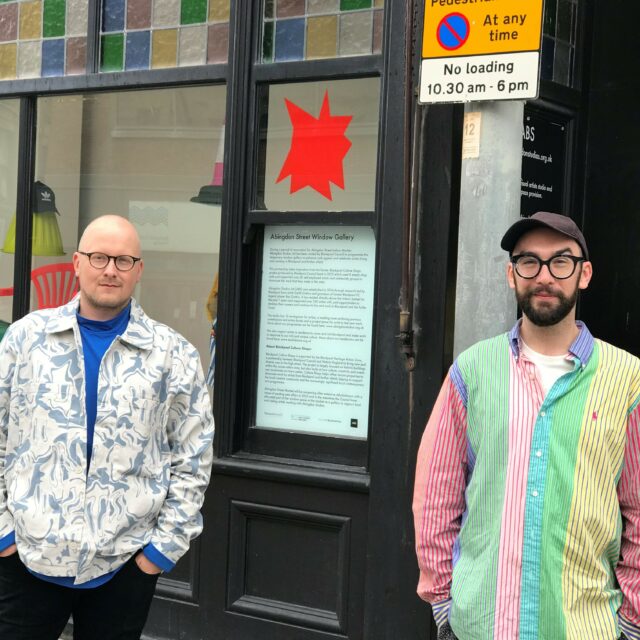Meet Debanjali Biswas.
Debanjali is an early career researcher in performance studies and social anthropology.
She has completed a PhD at King’s College London and has a fascinating academic career to date. Debanjali also has extensive training and experience as an Indian classical dancer - a practice that has helped to inform Debanjali's research.
As the first TaPRA/Showtown Fellow, Debanjali will be exploring Blackpool’s historic collections in more detail.
Debanjali’s research will focus on revealing the histories and presence of individuals from minority groups and underrepresented performers in Blackpool’s entertainment, both past and present.
We are interested to understand more about how these individuals have influenced other developments in theatre and performance in Britain with the thought that this can enable further research and expand community access.
We recently met with Debanjali to discover more about her career and how she is looking forward to working with our collections.
Tell us more about your career journey and successes.
I have been a practitioner first, and then a researcher. I tend to approach the study of performance cultures as both. My career paths have been riddled with uncertainty, so I cannot define successes with ease. I simply persevere towards a more creative, multimodal way of seeing and hope audiences engage with it.
What made you want to apply for the TaPRA fellowship opportunity with Showtown?
Blackpool has been so significant to the British and creative entertainment industries for over 150 years. The Showtown collections are swarming with stories and ideas that are yet to be explored.
The Fellowship from TaPRA at Showtown is an opportunity to expand my horizons as a researcher and delve into the making of cultural heritage. With Blackpool as the purveyor for performance and British audience as the consumer, the collections are significant for historiographic research on 20th century popular culture.
What are you looking forward to most about working with Blackpool’s collections?
The challenge is very few stories emerge as a whole. The image and ephemera archives provide vital information to knowing how the performances finally shaped up, so my research is being led by those materials at the moment.
Showtown's collections contain signs and traces of performers who have been marginalised, forgotten, erased or never been afforded the spotlight.
I am looking at mapping the presence of these performers that can talk back to other disciplines and gain a wider understanding of the impact and meaning of these performative experiences.
Are there any particular areas of research you are keen to explore in more detail?
My particular focus has been on Asian representation, performing otherness, dance, transnational flow of performers, and how the arts flourished and were sustained in the interwar and war years.
What I am discovering now is placed within a longer shared history of dance and theatre, realistic and fantastical depictions, spontaneous sharing between promoters and performers, narratives of Orientalism and East- West intercultural performance.

Follow Debanjali
Twitter: @DilebJaan
Instagram: @ilajnabed_
Keep up to date with the latest news and opportunities with the TaPRA Fellowship here:
Twitter: @TaPRA_
Website: TaPRA


